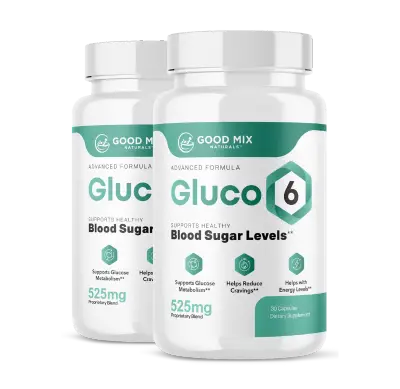Отзывы о Лев казино
Чтобы начать игры в казино Лев: структурированное руководство по регистрации, подтверждению...
At Quick Health Picks, we simplify healthy living through practical nutrition plans and trusted supplement advice. Our team blends evidence-based science with real-life solutions so you can feel your best — naturally.



We help you live healthier with simple wellness tips, balanced diet guidance, and trusted supplement insights—making it easier to build lasting habits and achieve your health goals every day.
Чтобы начать игры в казино Лев: структурированное руководство по регистрации, подтверждению...
Why Joint Health Matters More Than Ever If you wake up...
Introduction: Why Weight Loss Feels So Hard Many people try every...
Introduction to Health TipsIn our fast-paced lives, it's often challenging to...